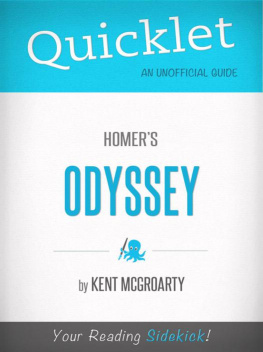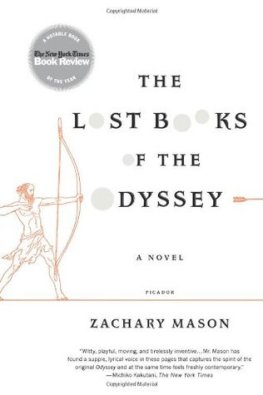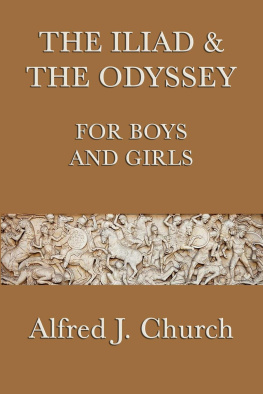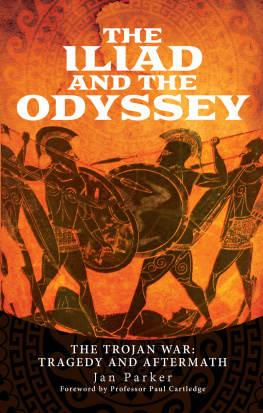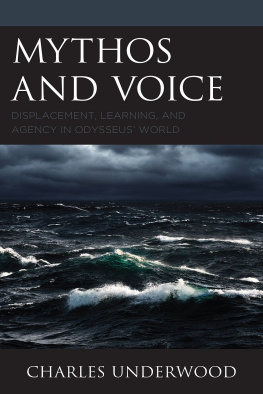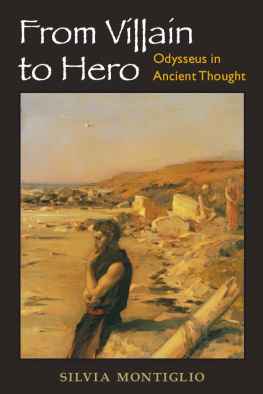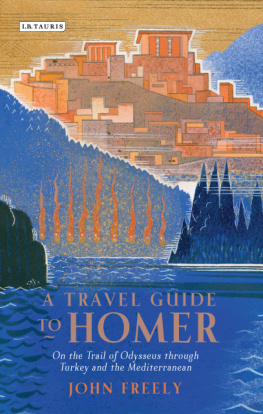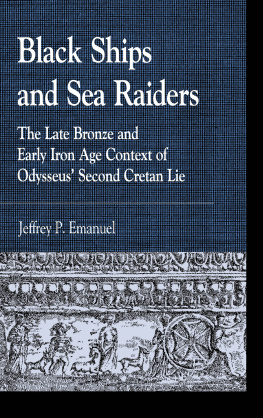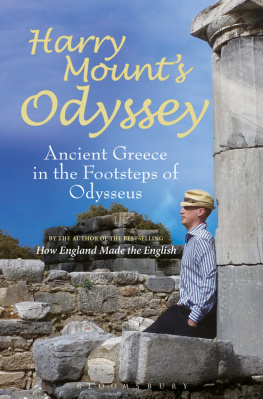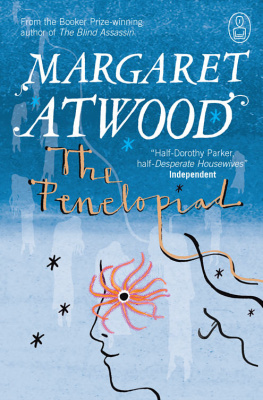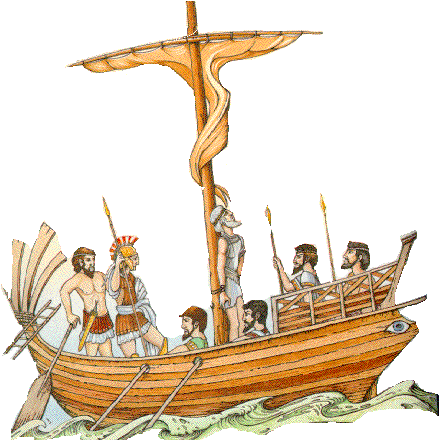Kent McGroarty - Quicklet on Homers Odyssey: Cliffsnotes-like Book Summary
Here you can read online Kent McGroarty - Quicklet on Homers Odyssey: Cliffsnotes-like Book Summary full text of the book (entire story) in english for free. Download pdf and epub, get meaning, cover and reviews about this ebook. year: 2012, publisher: Hyperink, genre: Children. Description of the work, (preface) as well as reviews are available. Best literature library LitArk.com created for fans of good reading and offers a wide selection of genres:
Romance novel
Science fiction
Adventure
Detective
Science
History
Home and family
Prose
Art
Politics
Computer
Non-fiction
Religion
Business
Children
Humor
Choose a favorite category and find really read worthwhile books. Enjoy immersion in the world of imagination, feel the emotions of the characters or learn something new for yourself, make an fascinating discovery.
- Book:Quicklet on Homers Odyssey: Cliffsnotes-like Book Summary
- Author:
- Publisher:Hyperink
- Genre:
- Year:2012
- Rating:3 / 5
- Favourites:Add to favourites
- Your mark:
Quicklet on Homers Odyssey: Cliffsnotes-like Book Summary: summary, description and annotation
We offer to read an annotation, description, summary or preface (depends on what the author of the book "Quicklet on Homers Odyssey: Cliffsnotes-like Book Summary" wrote himself). If you haven't found the necessary information about the book — write in the comments, we will try to find it.
ABOUT THE BOOK
The story of Odysseus in Homers Odyssey is the quintessential story of the hero. The struggles that plague Odysseus are symbols for the sufferings all humans encounter and endure. Odysseus encounters with gods and monsters reinforce the idea that facing challenges is part of the human condition. His psychological and physical battles illuminate the necessity to rise above things such as greed, fear, temptation, and selfishness to focus on what is really important: the love of family.Like Odysseus, humans are at their best when we are able to stay strong in times of crisis, resisting the urge to give in to darker thoughts or feelings. Even today, the values upheld in the Odyssey serve as a beacon for those struggling to face lifes challenges.
MEET THE AUTHOR
Kent Page McGroarty is a freelance writer. She is a frequent lifestyle contributor to online magazine EDGE Publications and Demand Media sites LIVESTRONG.com, eHow Home and Garden and Local.com. She has a B.A. in English from Saint Josephs University.
EXCERPT FROM THE BOOK
In addition to leaving behind wife Penelope, Odysseus has missed the childhood of his son, Telemachus, who was a baby when his father left for war. In the first book, Odysseuss palace has been overrun by suitors who wish to marry Penelope and subsequently rule his kingdom of Ithaca. The now-grown Telemachus desperately wants to get rid of the suitors who eat Penelopes food, drink her wine, and continually pester her to pick one of them, as they believe Odysseus to be deader than dead.Luckily for Odysseus, his wife is about as clever as he is, and finds ways to avoid their affections. She remains faithful to Odysseus, though one of the suitors, Antinous, plans to murder Telemachus, whom he views as his only threat to the throne of Ithaca. Greek goddess Athena, disguised as old family friend Mentes, descends upon Ithaca to inform Telemachus that his father is still alive. Odysseus is imprisoned on an island with Calypso, a beautiful nymph in love with the hero. The goddess prepares Telemachus for a quest to find his father, as Odysseus no longer has a ship or crew with which to leave Calypsos island.Telemachus sets out to look for Odysseus, and through his visits with Greek kings Nestor and Menelaus the reader learns more about Odysseuss journey. Odysseus himself also tells of his adventures after washing up on the shores of Phoenicians after the messenger god Hermes, sent by Zeus, convinces Calypso to free Odysseus. He is found by the beautiful princess of the Phoenicians and partakes of great hospitality from her parents, the king and queen of the Phoenicians...Buy a copy to keep reading!
Kent McGroarty: author's other books
Who wrote Quicklet on Homers Odyssey: Cliffsnotes-like Book Summary? Find out the surname, the name of the author of the book and a list of all author's works by series.

